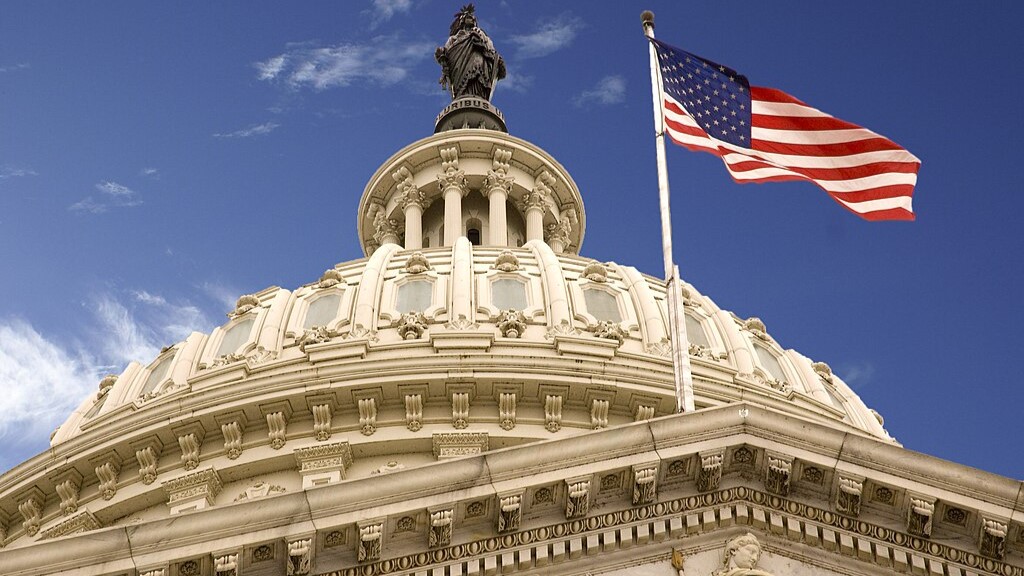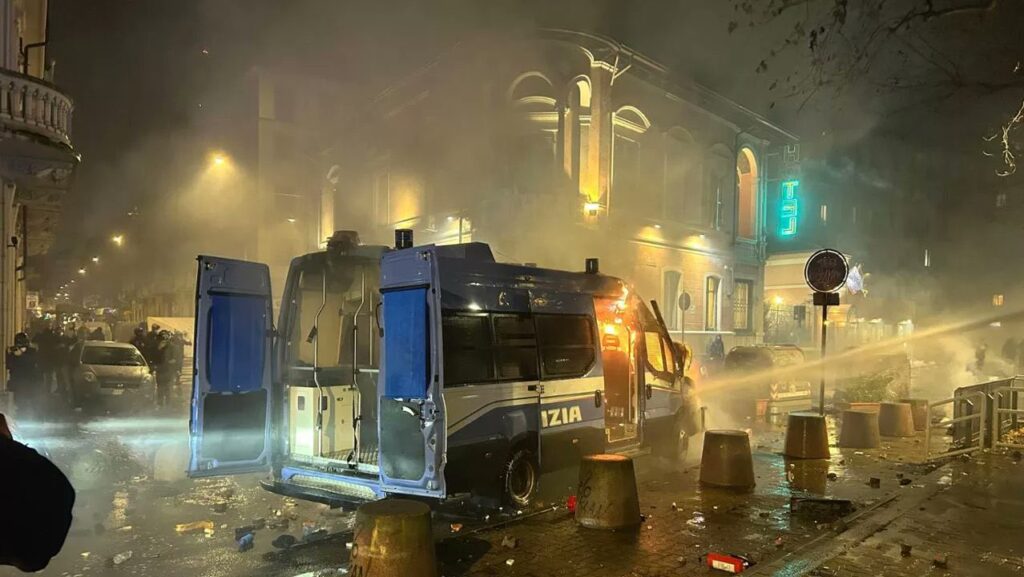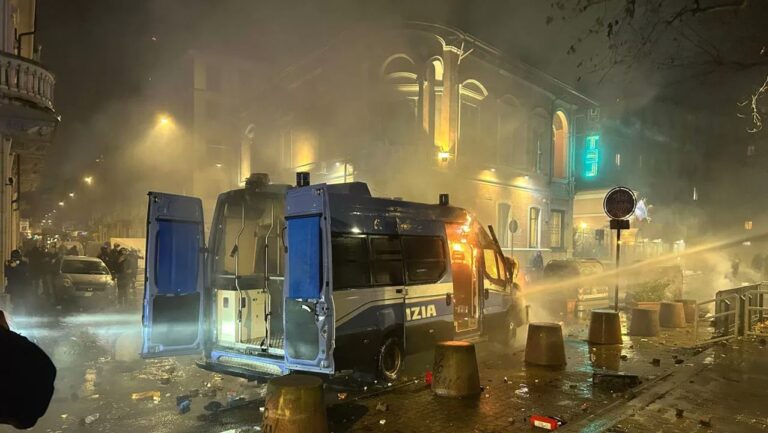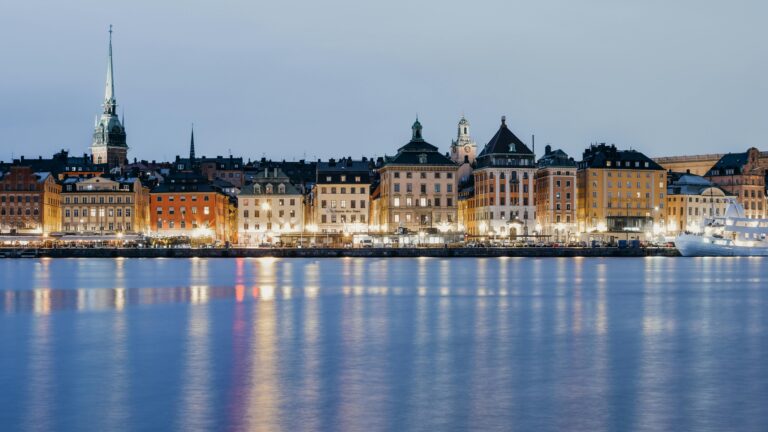Across much of Europe, burning a national flag is not an act of protected speech but a criminal offence. Germany and Hungary, for example, impose penalties for desecrating national symbols. The rationale is simple: these emblems embody a nation’s identity. Yet, on the other side of the Atlantic, such acts fall under the banner of free expression, protected by the First Amendment. This distinction is now being challenged by Donald Trump’s new Executive Order.
On 25 August 2025, President Trump signed EO14341, ‘Prosecuting Burning of the American Flag’. On 4 October he reinforced this via a social media post: ‘To ICE, Border Patrol, Law Enforcement, and all US Military: As per my 25 August 2025 Executive Order, please be advised that, from this point forward, anybody burning the American Flag will be subject to one year in prison. You will be immediately arrested.’
Behind the political theatre lies a calculated constitutional test. Trump’s EO, in reality, doesn’t criminalize the flag’s desecration but reignites an age-old debate on patriotism and thrusts the First Amendment back into the spotlight. This can be seen as a rather strategic bid to push for an overturn of earlier rulings and whether absolute free speech protection can coexist with respect for national symbols. History and public opinion seem to support Trump’s bold approach.
‘Anybody burning the American Flag will be subject to one year in prison’
Historically, by 1989, 48 out of 50 US states had laws against flag desecration, reflecting a tradition of reverence for national symbols. However, the Supreme Court sees it otherwise. In Texas v Johnson (1989), a 5–4 decision protected Gregory Lee Johnson’s flag burning during a protest against President Reagan, deeming it symbolic speech under the First Amendment. The Court doubled down in United States v Eichman (1990), invalidating the federal Flag Protection Act passed in response.
Dissenters like Chief Justice William Rehnquist lamented the flag’s ‘unique position as the symbol of our Nation’. Even liberal Justice John Paul Stevens dissented in Eichman, arguing that in ‘times of national crisis’, the symbol motivates citizens to strive to achieve social goals of overriding importance.
For Europeans, laws against flag desecration evoke familiar historical echoes, from the interwar period’s nationalist upheavals to the post-Soviet era’s identity resurgence. Current policies stem from a renewed emphasis on national identities, long suppressed under authoritarian regimes, demanding expression and consolidation. Over time, most European states have enacted criminal laws to curb such acts, some with strict enforcement during public assemblies or extreme protests. However, prosecutions falter in artistic contexts—like remixing a national anthem with offensive lyrics—due to the subjective line between creative freedom and direct desecration of the symbol or its ideals.
A challenge lies in the absence of harmonized metrics for these offences, even at national levels, hindering assessments of prosecution or conviction rates, and even deterrent impacts. Instead, what persists are dedicated statutes and high-profile cases, often spotlighted for political leverage during heated public debates.
In a landmark 2000 ruling, Hungary’s Constitutional Court captured this tension: ‘Pluralism of opinion is only one essential criterion of democracy. Democracies are characterized by institutions and symbols representing the unity of the nation, which—though not beyond criticism—are, in certain respects, outside the constitutionally protected pluralism of opinions.’
Many instances of flag burning occur in the immediate environment of Hungary (usually as a form of incitement or ‘hate speech’ against Hungarian minorities and their support by the motherland). In general, however, conflicts culminating in—or arising from—the burning or damaging of national symbols can cause ripples in interstate relations. These disputes are commonplace between Israel and Palestine, at times drawing in the United States, with increasing instances due to domestic social and political movements like Black Lives Matter and Free Palestine. Similar conflicts have challenged bilateral ties between Poland and Ukraine. A 2020 German reform introduced up to three years’ imprisonment for insulting national symbols, specifically to address surging flag-burning cases.
Trump’s order invokes Justice Stevens’s ‘national crisis’ theme but stops short of direct criminalization, mandating increased enforcement of visa revocations with subsequent deportations for the violators under immigration rules, which raises even more First Amendment questions, as their speech rights are less clearly defined than for citizens.
‘Congress has made multiple attempts to amend the Constitution’
While the United States does not share Europe’s historical experience, the two still share a genuine civilizational link. Comparativists argue that constitutional ideas migrate across legal systems, especially in an era of convergence of common problems across different legal systems. Flag burning is definitely one of them.
Public sentiment often favours restrictions: A 2020 YouGov poll showed 49 per cent of Americans want flag burning illegal; a 2021 survey found only 31 per cent support allowing it. Congress has made multiple attempts to amend the Constitution, but these efforts ultimately failed, with the closest call in 2006 when the Senate fell one vote short of the required supermajority.
The American constitutional setting cannot accommodate impulses like ‘hate speech’ as the driving force behind regulating free speech. The EO also does not and cannot create new rules to treat the problem, but increases enforcement of existing laws to protect this symbol of national life and identity. It, however, promotes strategic litigation to reintroduce the debate based on Trump’s America First policies.
The EO surely could face challenges, but it clearly invites Supreme Court action, where a conservative majority might reverse precedent, deferring to tradition. Trump’s move, therefore, can also be interpreted as a call for civility that targets lawlessness, not pure expression exposing hypocrisy among those defending desecration, yet curbing ‘hate speech’. Trump’s EO perhaps instinctively draws from the historical lesson: that love of one’s country is not a limitation of freedom—it is a precondition of a nation’s survival.
Related articles:







